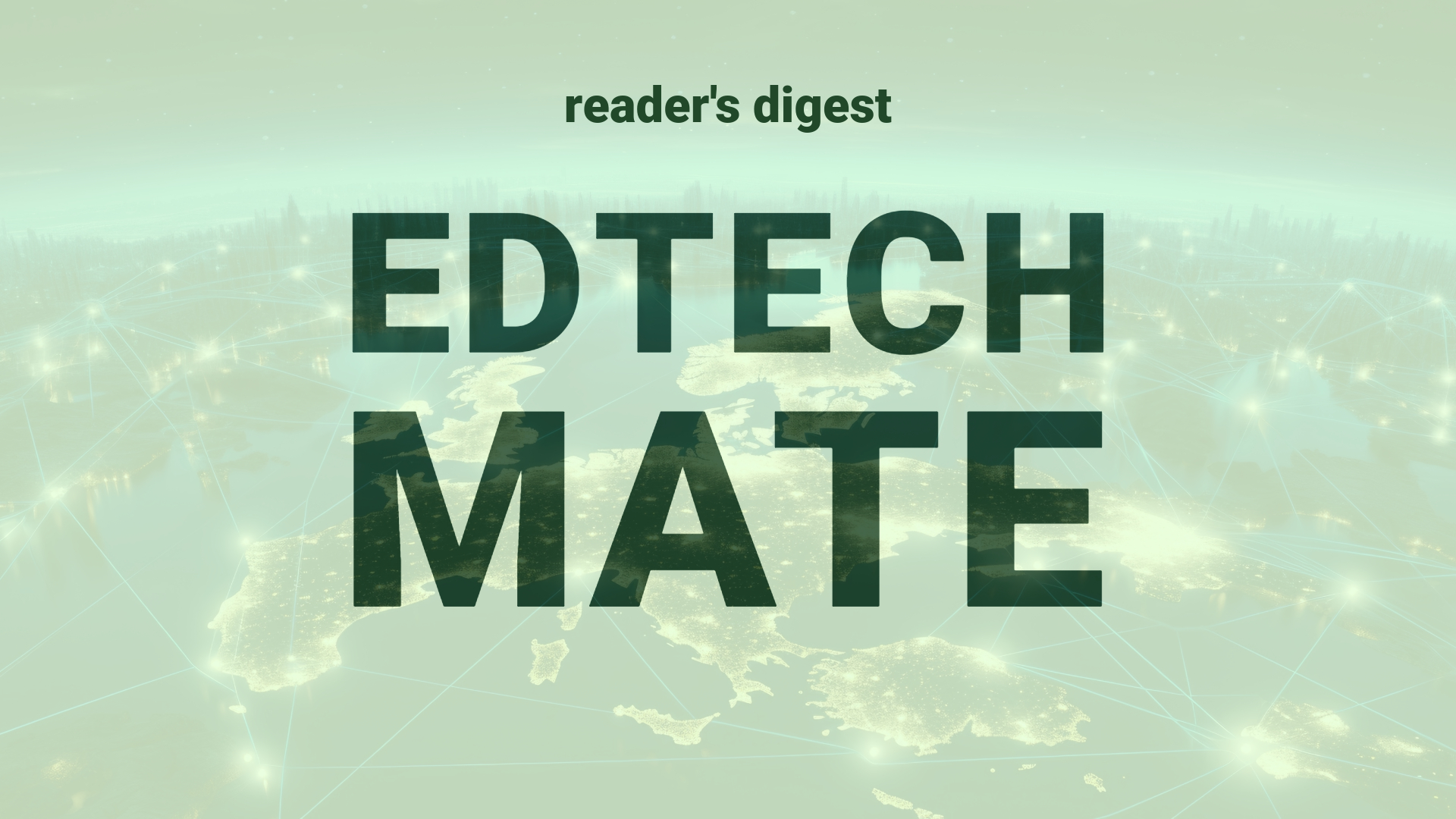Executive Summary and Main Points
Engaging in a PhD journey marks a significant shift from previous academic experiences, requiring a unique set of skills and mental frameworks. To excel in this phase, students must transition from a structured learning environment to one where they must navigate the uncharted territories of independent research. Innovations and trends in the higher education sector that cater to these needs include the integration of advanced digital tools, AI-enhanced research methodologies, and supportive online communities that provide insider tips and tricks. Such trends are shaping the way doctoral education is approached and delivered globally.
Potential Impact in the Education Sector
The landscape of Further Education, Higher Education, and professional development through Micro-credentials is poised to be significantly influenced by these developments. The emphasis on persistence, resourcefulness, and resilience within PhD programs aligns with the broader educational trend towards fostering these competencies in students. Strategic partnerships between universities and technology providers can offer doctoral students sophisticated research tools that can aid in managing the unpredictability of their studies. Digitalization is not only transforming the research process but also providing a platform for peer support and knowledge sharing, which is critical for the success of PhD candidates.
Potential Applicability in the Education Sector
Innovative applications leveraging AI and digital tools are becoming increasingly relevant in a global education context. For PhD students, AI can streamline literature reviews, identify research gaps, and predict trends in their field of study, while digital resources can offer platforms for collaborative problem-solving and sharing best practices. Online forums and social media channels, such as YouTube, are becoming indispensable for dispensing advice and experiences specific to the challenges faced by research students. This democratizes access to information that was once siloed within institutions or inaccessible to many.
Criticism and Potential Shortfalls
Despite these advancements, critical analysis reveals potential shortfalls. For example, over-reliance on AI tools could dilute the critical thinking skills essential for doctoral research. Similarly, the digital divide may prevent equitable access to these new technologies, creating disparities in the quality of research experiences across socioeconomic and international boundaries. Ethical and cultural implications also arise, as AI-led research may inadvertently perpetuate biases present in the data it analyzes. Real-world case studies from diverse international contexts could yield insights into these critical issues and suggest means for addressing them.
Actionable Recommendations
To effectively implement these technologies, international education leadership should consider fostering environments that encourage experimentation with AI and digitalization while maintaining vigorous academic standards. Investments in infrastructure to support equitable access to digital tools are crucial. Collaboration between educational institutions can facilitate the sharing of best practices in PhD training, ensuring inclusivity and the successful nurturing of transcendental skills such as persistence and resilience. Furthermore, continuous evaluation of the impact of technology on research quality should inform strategic decisions moving forward.

